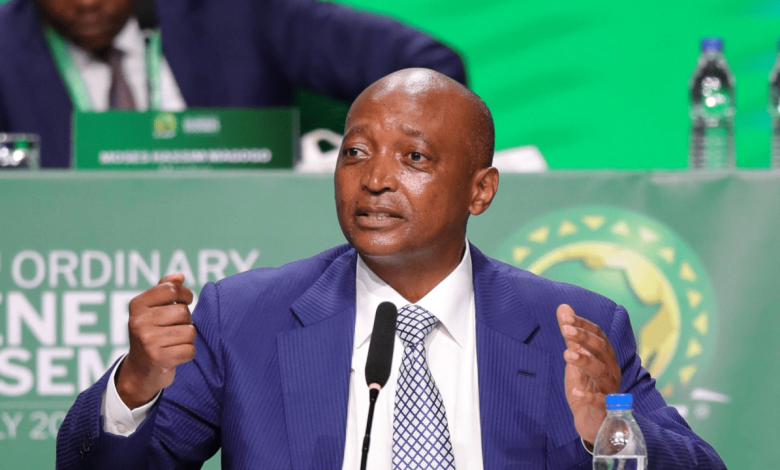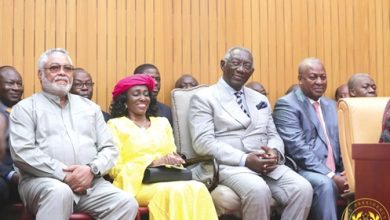
Future damage to football would result from elite players playing too many games, the president of the Confederation of African Football (Caf) told the BBC.
A few prominent players have expressed their disapproval of the increased number of games in recent weeks. Rodri, a midfielder for Manchester City and Spain, stated that players are on the verge of going on strike.
The 2025 Club World Cup, which Fifa extended, has resulted in an increased workload. Previously, the competition took place over 10 days and featured a maximum of two matches for the major clubs. Now, it takes place over a month and requires seven matches to win.
“We don’t want them to play more than they should – it’s not good for football, and it’s not good for the long-term success of the sport,” Caf president Patrice Motsepe told BBC Sport Africa.
“The commitment from all stakeholders is indeed the players’ health and condition, and the frequency which they have to be on the field is important to us.”
Mamelodi Sundowns, a South African team owned by Motsepe, is a prime illustration of the kind of strain that elite athletes must endure.
Ten members of Sundowns’ squad that placed third at this year’s Afcon, should South Africa advance to the next World Cup and Africa Cup of Nations (Afcon), will not be allowed to take a break until mid-2027.
This is due to the fact that Fifa’s Club World Cup will take place in June and July of 2025, followed by a Nations Cup in December 2025 and January 2026, and finally, the World Cup in June and July of 2026.
Real Madrid manager Carlo Ancelotti is thinking of giving his team midseason vacations in Europe, where the Champions League now has two extra games, while Liverpool goalkeeper Alisson, a colleague of Mohammed Salah says players are tired of having “more games”.
“Part of what we have to do is to keep talking, keep engaging but also keep listening,” said Motsepe.
“Solutions will be found that are in the interests of all parties.”



